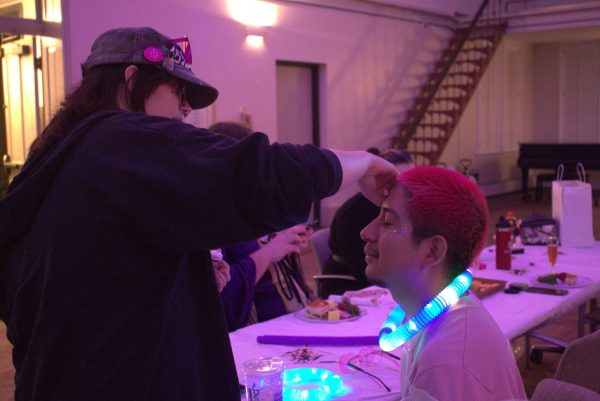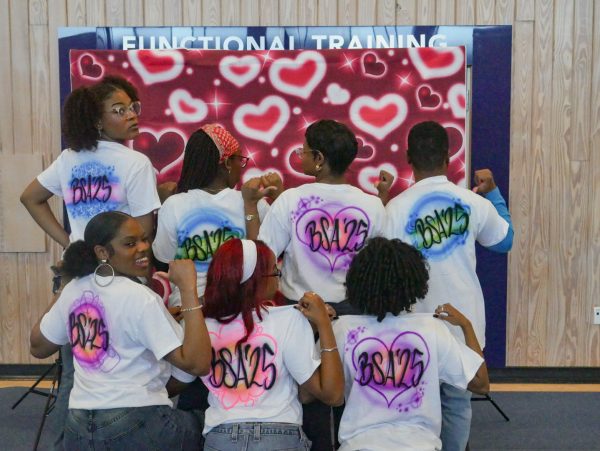‘Bojack Horseman’ saddles up for first half of final season
This past Friday, Netflix released the first half of “BoJack Horseman’s” final season in preparation for the shows final sendoff. This black comedy is a show that is not afraid to convey a realistic approach to mental illness, addiction and the consequences of one’s actions, with the added bonus of making you laugh.
Main character, BoJack Horseman (Will Arnet), is a former Hollywood (now known as Hollywoo as the result of a grand romantic gesture by BoJack) star whose career took a turn when he turned to substance abuse. Narcissistic and an all-around miserable person, BoJack strongly believes that he is above all consequences for his actions and that the world should bend to his needs and ignore the needs of others. He’s a really terrible person.
Despite BoJack being a poor role model, the show thrives off its colorful cast of characters and black humor to help the audience swallow the deep and raw, painful themes. As the saying goes, laughter is the best medicine.
BoJack suffers from depression, is an alcoholic and drug user and a self-destructive person. Idealist ghostwriter Diane Nguyen (Alison Brie), workaholic acting agent Princess Carolyn (Amy Sedaris), unemployed free-spirit Todd Chavez (Aaron Paul), and former sitcom rival Mr. Peanutbutter (Paul F. Tompkins) are the closest BoJack has to friends, and even they have their own problems.
The audience is pulled into the mind of BoJack as he experiences unsettling drug highs and depressive episodes, the animation and visuals intensifying the experience to compose a realistic portrayal of what someone can go through during those experiences. Needless to say, the show doesn’t shy away from these dark themes, instead embracing them head on to raise awareness for these sensitive issues.
The show just released the first part of its sixth and final season, which begins with BoJack taking steps towards redemption and responsibility for all the horrible things he’s done throughout his life. He admits he has an addiction problem and goes to rehab. He apologizes to the people he’s wronged but admits that the apology won’t make it right.
BoJack has gone from the whiny, terrible person dragging himself and his friends through the mud to a supportive and caring person trying to live with himself and his past. BoJack is an example of how people struggling with similar issues can still get their life under control and learn to move on, despite the problems they face.
However, the second half of the final season will not be smooth sailing for BoJack and his friends. BoJack has hurt many people, and some wounds are beyond healing and beyond apology. The death of his child co-star from the 90s and the trauma he’s put others through still haunt him and the world is oblivious about his involvement with each incident.
The consequences of these incidents have not been dealt with, and BoJack will have to face the inevitable–the public and himself–once the truth gets out.
“BoJack Horseman” acknowledges the struggles people have when they deal with issues like mental illness and addiction, portraying the experience very accurately compared to most shows, but it also acknowledges that these people still have to face the consequences of the decisions they made and people they’ve hurt.
Just because someone may need help living with mental illness and addiction does not make them above the consequences of their interactions.
The conclusion of season six and the series “BoJack Horseman” will release its final eight episodes on Jan. 31, 2020.






